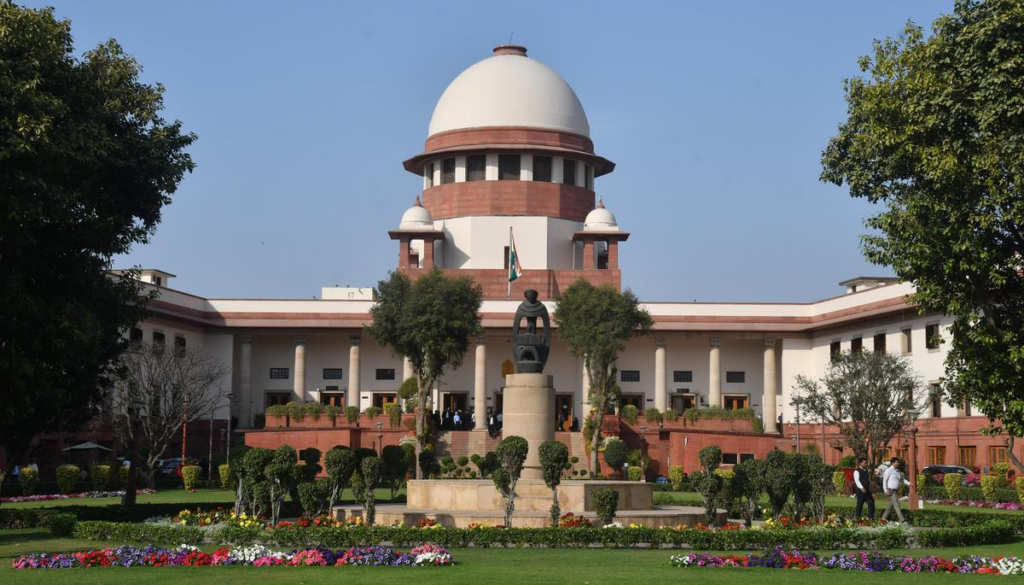On Monday, the Supreme Court stayed a Delhi High Court order allowing bike-taxi aggregators Rapido and Uber to operate without aggregator licenses until the city’s ultimate policy is announced.
This means that cycle transportation will be prohibited in the nation’s capital.
The supreme court was hearing two petitions lodged by the government of Delhi against the high court’s decision to permit bike-taxi aggregators.
The AAP government has challenged in the Supreme Court the May 26 order of the Delhi High Court prohibiting it from taking coercive action against bike-taxi aggregators until the final policy is published.
On May 26, while issuing a notice to the Delhi government in response to Rapido’s petition challenging a law prohibiting two-wheelers from being registered as transport vehicles, the high court ordered that no coercive action be taken against the bike-taxi aggregator until the final policy was notified.
Supreme Court Says No to Bike Taxis in Delhi
The high court, which scheduled Rapido’s petition for conclusion of pleading on August 22 before the registrar, stated, “The counsel for the petitioners (Rapido) submits that policy is under active consideration.”

In its petition to the high court, Roppen Transportation Services Private Limited, which operates Rapido, asserted that the Delhi government’s order requiring it to immediately cease operating non-transport two-wheelers for hire-and-reward or commercial purposes was passed without any justification or rationale.
In a public notice issued earlier this year, the government warned bike-taxis against operating in Delhi and warned that violators would be subject to a Rs 1 lakh fine.
Rapido has also challenged a show-cause notice issued by the city government in this context, arguing that it violates numerous fundamental and constitutional rights and natural justice principles.
“The direction issued by the Department of Transportation in the contested notice is arbitrary and was issued without following legal procedure and without providing any justification for the prohibition,” the petition stated.
It also stated that the city government’s actions were contrary to the intent and purpose of the central government with regard to the issuance of licenses to aggregators, as stipulated in the Motor Vehicles Act, read with the Motor Vehicle Aggregator Guidelines, 2020 (MoRTH Guidelines).
“The Transport Department has not yet issued its own guidelines regarding the use of two-wheeled non-transport vehicles for the purposes of aggregation and ride-sharing/ride-pooling.
“MoRTH Guidelines expressly permitted vehicle pooling in non-transport vehicles in furtherance of the central and state governments’ goal of reducing traffic congestion and automobile pollution and achieving effective asset utilisation,” the petition stated.
It also stated that a blanket prohibition on the petitioner’s services would negatively affect the lives and livelihoods of a large number of vehicle proprietors and riders, as well as a substantial number of commuters.

